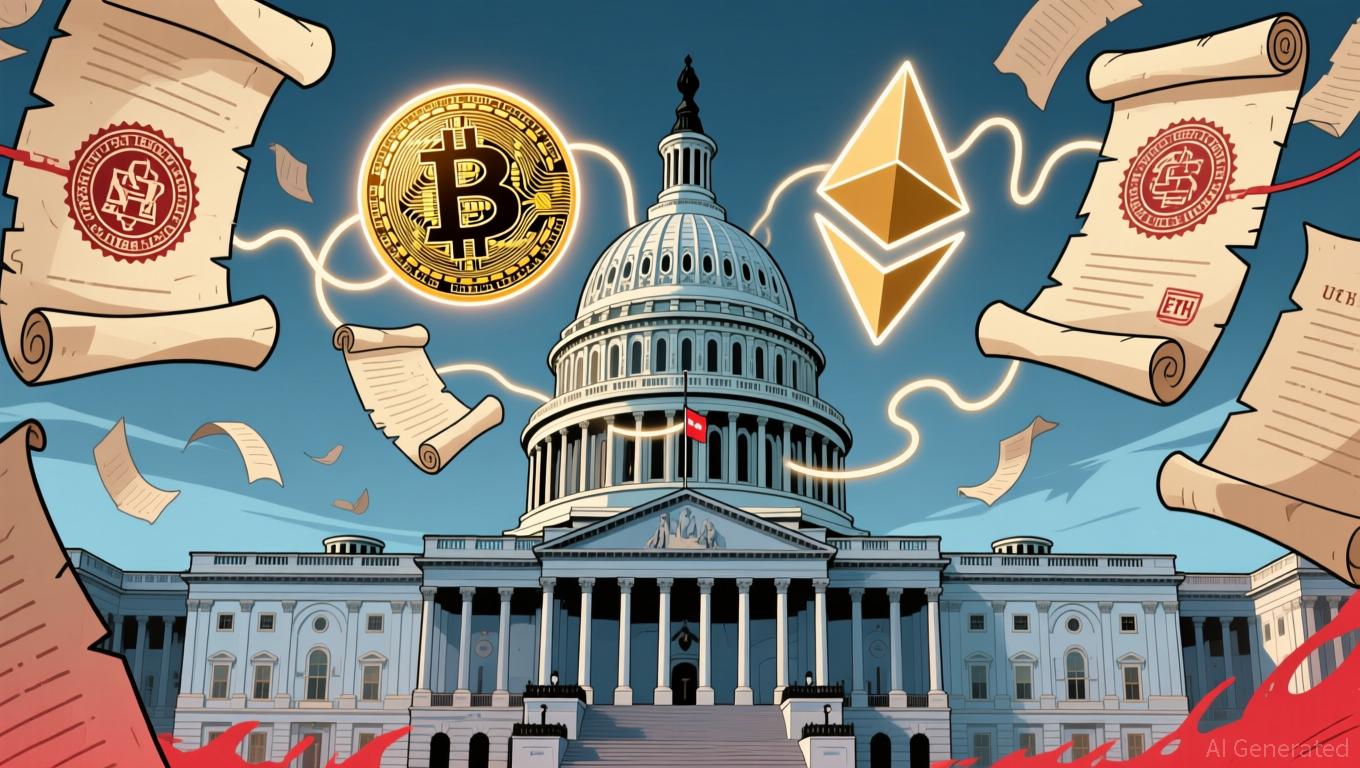Brazil Sets 2026 Start for New Crypto Regulations
- Main event involves regulatory changes affecting Brazil’s crypto market.
- Implementation date set for February 2026.
- Impacts capital requirements and compliance standards for VASPs.
Brazil’s new cryptocurrency regulations will start in February 2026. These will impact Virtual Asset Service Providers (VASPs) by setting rigorous compliance and capital standards, detailed by late 2025, affecting digital assets like BTC and ETH.
Brazil has announced new cryptocurrency regulations that will come into effect in February 2026, significantly impacting virtual asset service providers (VASPs). These regulations aim to enhance compliance and set new capital requirements.
These new regulations are crucial as they mark a shift in Brazil’s approach to overseeing digital assets, aiming to reinforce investor protection and market stability.
The Central Bank of Brazil’s official, Vivan, has confirmed that “new cryptocurrency regulations will take effect in February 2026.” The rules will affect Virtual Asset Service Providers , requiring them to comply with new standards and capital requirements by late 2025. Nagel Paulino, from the Financial System Regulation Department, emphasized a balance between innovation and risk. These regulations address key financial measures, focusing on institutional compliance with minimum capital requirements. Changes will impact banks, custodians, and brokers with demands varying from R$ 1 million to R$ 3 million. The rules promise enhanced oversight with centralized transaction tracking, which is a significant departure from current industry practices in Brazil.
The introduction of these rules will significantly reshape the Brazilian crypto landscape, affecting compliance costs and operational frameworks. “The changes aim to reinforce consumer protection, require proof of financial capacity, elevate governance and cybersecurity standards, and reduce the risk of new attacks, frauds, and insolvencies.” Market reaction is mixed; while some see it as necessary for maturation, others critique potential restrictions on innovation. There is notable anticipation in markets, as seen with fluctuations in the Ethereum futures market. The impact of Brazil’s move may serve as a precedent for other countries contemplating similar regulation in digital asset sectors. This shift will test industry adaptability ahead of the regulatory framework’s commencement.
Disclaimer: The content of this article solely reflects the author's opinion and does not represent the platform in any capacity. This article is not intended to serve as a reference for making investment decisions.
You may also like
Zerohash Amidst Crypto’s Ultimate Turmoil
- Zerohash faces liquidity and reputational risks amid crypto market turmoil, driven by unconfirmed survey claims and sector-wide volatility. - A $168M liquidation event on GMX highlights systemic risks from high-leverage trading, echoing prior $100M losses by trader James Wynn. - Regulatory uncertainty intensifies with U.S. stablecoin projections, EU MiCAR compliance shifts, and Trump-era pardons complicating compliance frameworks. - Institutional investors pivot to yield-bearing stablecoins (e.g., 15% AP

Brazil Suggests Taxing Stablecoins to Address $30 Billion Shortfall and Meet International Norms
- Brazil plans to tax stablecoin transactions via expanded IOF to align with global standards and recover $30B in lost revenue. - Stablecoin transfers (e.g., USDT) will be reclassified as forex operations under 2025 central bank rules, subjecting them to IOF tax. - The move aligns with OECD's CARF framework, enabling international crypto data sharing and joining global efforts to combat tax evasion. - Political debates persist over crypto tax exemptions, while regulators aim to curb money laundering and in

CFTC's Expansion into Crypto: Providing Guidance or Hindering Progress?
- U.S. Senate Banking Committee will vote in December 2025 on a crypto bill designating Bitcoin and Ether as CFTC-regulated commodities to resolve SEC-CFTC jurisdiction conflicts. - The bill mandates exchange rules like customer fund segregation and conflict controls, addressing vulnerabilities exposed by FTX-style failures. - Global regulatory shifts and U.S. firms' European expansion (e.g., Ondo, BitGo) highlight urgency for a framework balancing innovation with risk mitigation. - Proponents claim the bi

EMS Market to Reach $219 Billion: AI, Blockchain, and Sustainability Initiatives Transform Energy Sector by 2034
- Global EMS market to grow from $56B in 2025 to $219.3B by 2034 at 16.4% CAGR, driven by energy costs, regulations, and AI/smart grid/blockchain adoption. - AI and blockchain enable real-time energy optimization, peer-to-peer trading, and decentralized renewable energy management, while 5G and storage tech expand EV integration. - Governments accelerate adoption through net-zero policies, and EaaS models democratize access by shifting to subscription-based cost structures for SMEs. - High integration cost
